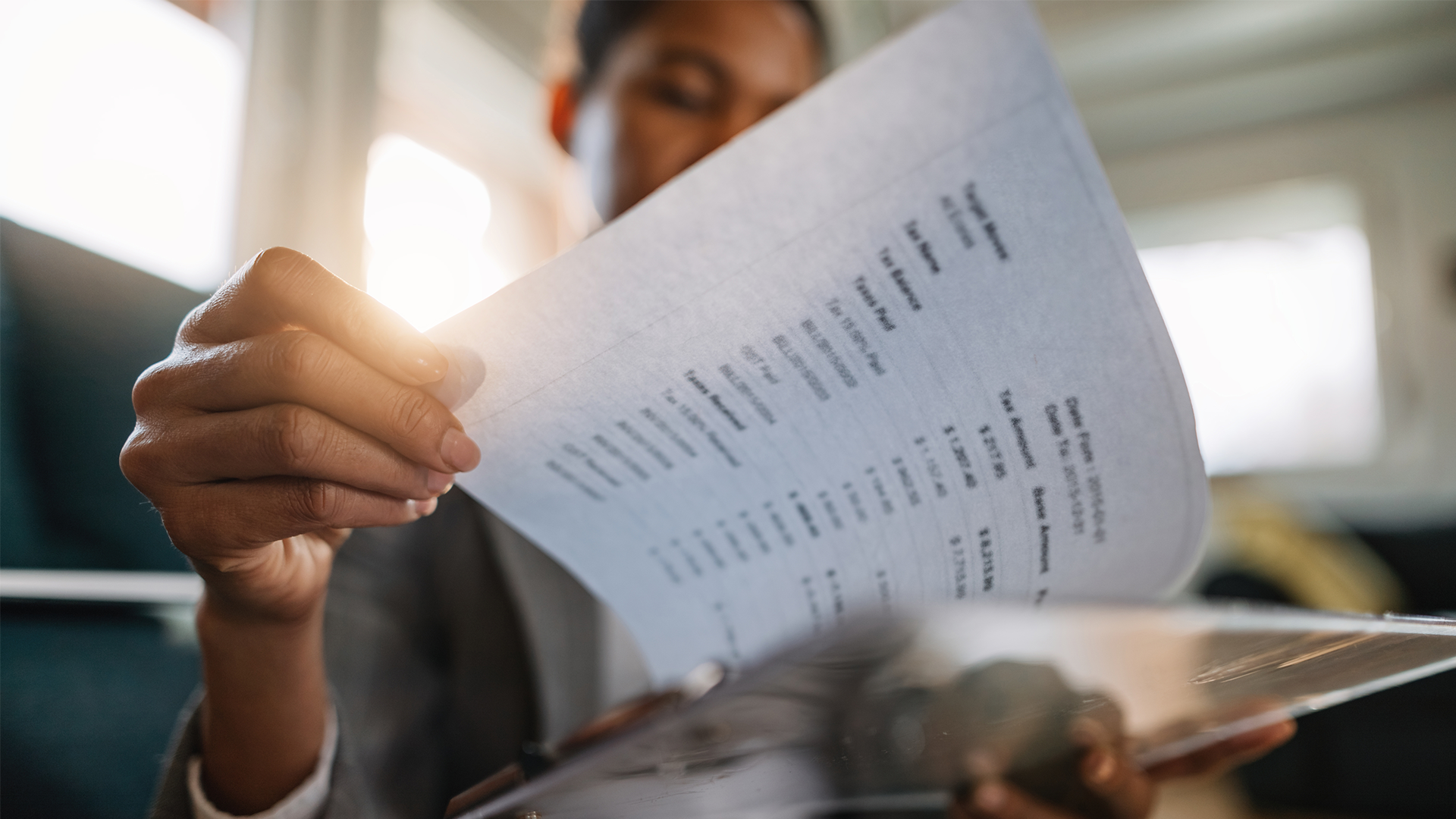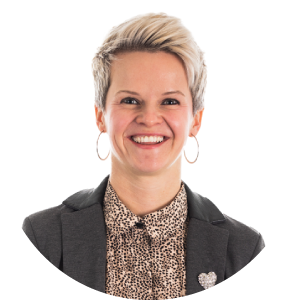In this article
A smooth mortgage process begins with a well-prepared mortgage appointment. Bringing the right documents helps you and your mortgage advisor efficiently navigate the options.
This guide lists the essential items to bring, such as proof of income and identification. Being organised ensures a productive meeting, setting you on the right path to securing your mortgage.
Identification and Personal Information
When attending your mortgage appointment, the first items you will need are proof of identity and personal information. This typically includes:
- Passport or Driving Licence: These serve as official proof of identity.
- National Insurance Number: This can be found on your payslips or tax documents.
- Utility Bills: Recent bills with your name and address verify your residence.
These documents confirm your identity and address, essential for the mortgage application process. Ensure all identification documents are current and valid.
Proof of Income
Proving your income is crucial as it determines your borrowing capacity. You will need:
- Payslips: The last three months of payslips for a clear view of your regular income.
- P60 Form: This end-of-year tax statement summarises your earnings and tax paid over the previous tax year.
- Employment Letter: If you’ve recently changed jobs, a letter from your employer can confirm your employment status and salary.
For self employed individuals, the requirements are slightly different:
- SA302 Tax Calculation Form: This document from HMRC shows your earnings and tax paid for the last few years.
- Accountant’s Statement: A statement from your accountant confirming your income can also be useful.
These documents give your mortgage advisor a comprehensive understanding of your financial stability and income consistency.
Bank Statements
Bringing your recent bank statements is essential to show your financial habits and savings. Typically, you should provide:
- Last Three Months of Bank Statements: These should include your current account and any savings accounts.
- Savings and Investment Statements: If you have any savings or investment accounts, bring the latest statements.
Bank statements help your mortgage advisor see your spending patterns, saving habits, and overall financial health. They also provide evidence of your ability to manage finances and make regular payments.
Details of Existing Debts
If you have any existing debts, it’s important to disclose these to your mortgage advisor. This includes:
- Credit Card Statements: Provide recent statements for any credit cards you hold.
- Loan Agreements: Any personal loans or finance agreements should be documented.
- Overdraft Details: If you regularly use an overdraft facility, include details of this as well.
Full disclosure of your debts ensures that your mortgage advisor can accurately assess your affordability and avoid any issues later in the application process.
Proof of Deposit
Demonstrating that you have the funds available for your deposit is a key part of the mortgage application. You should bring:
- Bank Statements Showing Savings: Statements that clearly show the accumulated savings intended for the deposit.
- Gifted Deposit Proof: If you received a gifted deposit from a family member or friend, a formal letter from them confirming this can sometimes be required.
These documents verify that you have the necessary funds for the deposit, an important factor in securing a mortgage offer.
If you have received a gifted deposit, you could potentially combine your own savings with the gifted deposit and access a 90% LTV mortgage with more competitive rates.
Employment Details
Information about your current employment is often necessary, including:
- Employment Contract: Your current employment contract or a recent letter from your employer can confirm your job status and salary.
- Employer’s Contact Information: Having your employer’s contact details handy is useful if the lender needs to verify your employment details.
Providing comprehensive employment details helps reinforce your financial stability and ability to make mortgage payments.
Property Information
If you’ve already found a property, bring details about it. This includes:
- Property Details: Any information about the property you’re purchasing, including the listing, photos, and key details.
- Estate Agent’s Contact Information: Having your estate agent’s contact details can facilitate communication between your mortgage advisor and the seller.
This information helps your mortgage advisor understand the specifics of the property you are interested in and ensures that all relevant details are considered in the mortgage application.
Speak to an Advisor – It’s Free!
Schedule a free callback from one of our experts today.
- All situations considered
- Transparent and honest mortgage advice
- We search 1000s of purchase and remortgage deals
Our customers rate us 4.9/5
Additional Documents
Depending on your circumstances, you might need additional documents. These could include:
- Divorce Decree or Settlement: If applicable, this shows any financial commitments arising from a divorce.
- Proof of Benefits: If you receive benefits, bring documentation to verify this income.
- Rental Income Proof: If you receive rental income, statements or contracts confirming this are necessary.
These additional documents ensure that all aspects of your financial situation are fully transparent, allowing your mortgage advisor to make the most accurate assessment.
Budget Planner (Optional)
Creating a budget planner that outlines your monthly income and expenses can be very helpful. This document should include:
- Monthly Income: Include all sources of income, such as salary, bonuses, and any other regular income.
- Monthly Expenses: List all your regular outgoings, including rent, utilities, groceries, transport, and any other recurring expenses.
A detailed budget planner provides a clear picture of your financial situation, helping your mortgage advisor assess how much you can realistically afford to borrow.
What to expect during your free mortgage appointment
Attending your free mortgage appointment with us well-prepared can make a significant difference in the mortgage application process.
By bringing the necessary documents, such as proof of identity, income, bank statements, details of existing debts, proof of deposit, employment details, property information, and a budget planner, you enable your mortgage advisor to provide the best possible advice and options.
Initial Assessment and Discussion
Your appointment will begin with an initial assessment of your financial situation and a discussion about your mortgage needs and goals.
Be prepared to discuss your income, expenses, savings, and employment status in detail.
Exploring Mortgage Options
Your mortgage advisor will then explore various mortgage options, explaining the differences between fixed-rate and variable-rate mortgages, potential interest rates, and repayment terms.
This helps you understand which options best suit your needs.
Affordability Assessment
Your mortgage advisor will calculate how much you can afford to borrow, considering your income, expenses, and future financial changes. This ensures the mortgage repayments are manageable within your budget.
Answering Your Questions
You’ll have the opportunity to ask questions about the mortgage process, specific terms, application timeline, and potential fees. Your advisor will provide clear and detailed answers.
Next Steps and Application Process
Your mortgage advisor will outline the next steps in the application process, including gathering additional information, submitting your application, and waiting for approval. They will guide you through each stage.
By being well-prepared, your mortgage appointment can be productive and informative. Your advisor will offer personalised advice, helping you navigate the mortgage options and ensuring you understand each step, setting you on the path to successful homeownership.







